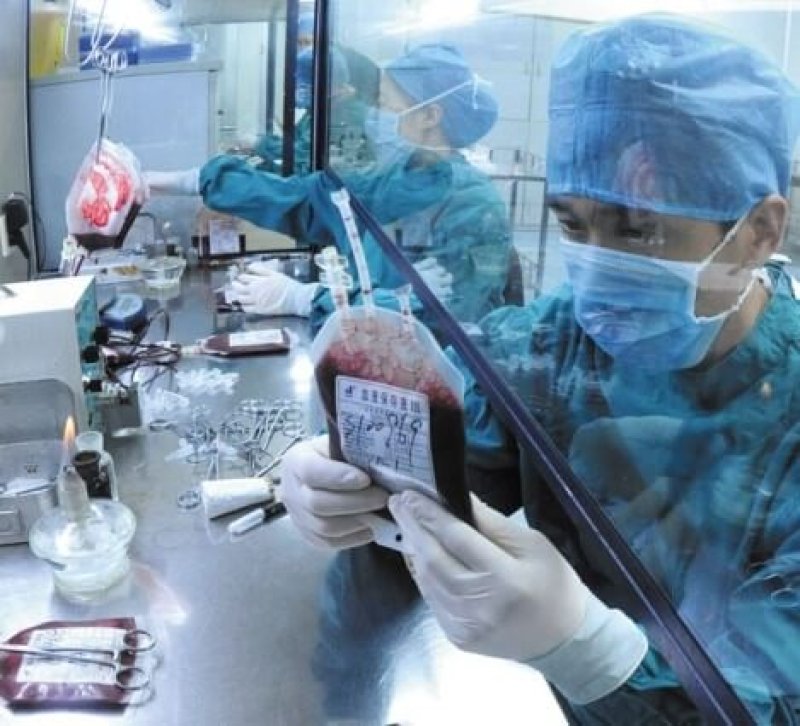In the next few months, surgeons in the Chinese city of Zhengzhou will carefully drill through the skulls of people with Parkinson’s disease and inject 4 million immature neurons derived from human embryonic stem cells into their brains.
This will mark the start of the first clinical trial in China using human embryonic stem (ES) cells, and the first one worldwide aimed at treating Parkinson’s disease using ES cells from fertilized embryos. In a second trial starting around the same time, a different team in Zhengzhou will use ES cells to target vision loss caused by age-related macular degeneration.
…
“It will be a major new direction for China,” says Pei Xuetao, a stem-cell scientist at the Beijing Institute of Transfusion Medicine who is on the central-government committee that approved the trials. Other researchers who work on Parkinson’s disease, however, worry that the trials might be misguided.
…
Jeanne Loring, a stem-cell biologist at the Scripps Research Institute in La Jolla, California, is concerned that the…Chinese trials use neural precursors[, which] can turn into other kinds of neurons, and could accumulate dangerous mutations during their many divisions, says Loring. “Not knowing what the cells will become is troubling.”
The GLP aggregated and excerpted this blog/article to reflect the diversity of news, opinion, and analysis. Read full, original post: Trials of embryonic stem cells to launch in China































